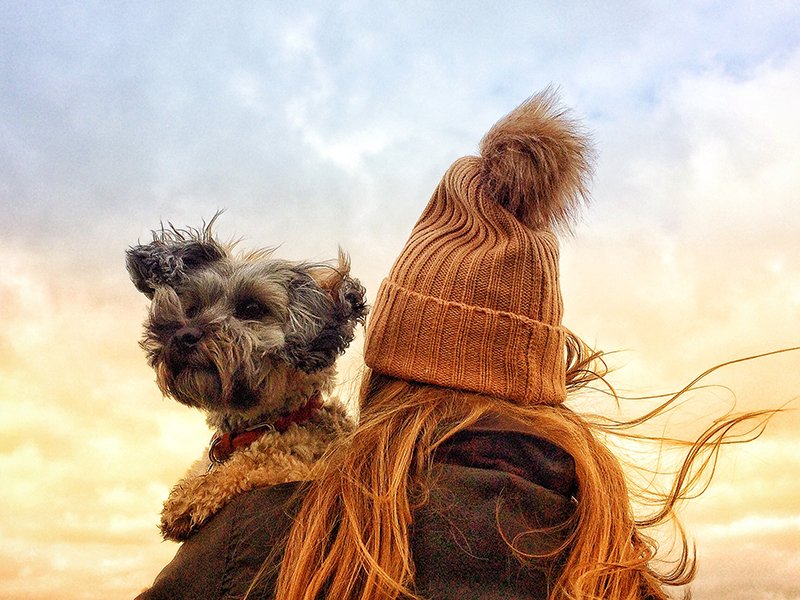
There is no such thing as a perfect dog owner. You may look back regretfully on mistakes you’ve made, but the truth is that you’re not alone. Learning from your mistakes is key, and this article should show you the right way to care for your dog as it is chock full of advice from other owners like you.
Your dog needs a stimulating environment if it is going to live a long and healthy life. Providing him or her with one is not really that hard. Simply make sure you take your dog for walks each day, and purchase a few toys that you and your pet can play with together.
Not everyone is good at training dogs, so quit trying if you see things are not going as well as planned. Instead of beating yourself up about it, get in touch with a trainer in your area. Since they have more experience with dogs, it may be much easier for them to train yours.
Be sure your dog is physically active. Dogs need game time and regular exercise to keep them mentally and physically healthy and happy. No matter what you do, whether it’s going for a long walk or simply throwing a ball or stick, both you and your dog will benefit. Every time you play with or exercise your dog, you will find that you are promoting a lasting bond.
Pet
Whenever you travel with your pet, don’t skimp on the packing. Of course you need to be well supplied with his food, water and any medications he may be on, but experts advise that you also bring his grooming supplies, vaccination paperwork, tags and an extra leash. Also, bring a flat sheet for when your dog will be on hotel furniture.
Your pet needs vaccinations, much in the same way that your baby does. Some common vaccinations that dogs require include rabies, hepatitis and distemper. Each pet is different, and each will have a different immunization schedule. Your veterinarian is a great resource when it comes to which vaccinations are right for the age and breed of your pet.
If your dog gets lost, it is very unlikely that you will see him again unless he has proper identification. Tags can come off, so the best option is a microchip. It is quick to put in your dog, and it causes minimal discomfort. Simply register the chip ID after it is put in, and your pet will always have his identification with him.
Pet-proof your home before bringing a dog into it, just as you would for a crawling toddler. You need to move anything toxic to a higher shelf and consider the danger that plants may pose if nibbled by your dog. Remember that anti-freeze is deadly and that leaving things like pennies or crayons on floors can pose a choking hazard to curious pups.
The truth is that no advice will be perfect either. Every single situation calls for different reactions, be it what to feed a dog or whether or not to take the dog to the vet. Your dog will be happy as long as you love them, and thankfully, that is the easiest part of the job!



